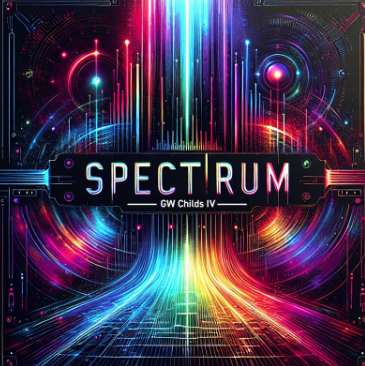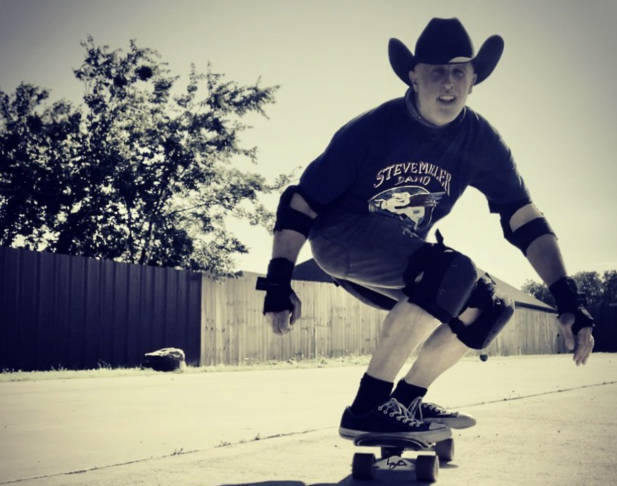G.W. Childs IV has enjoyed a stellar career in audio. As owner of Cloudland Recording Studio in Fort Worth, TX, he works with some of the biggest names in the game, including Gearbox, Lucasfilm and Reason Studios, Macprovideo, Ableton, and Korg. His recent album, entitled Spectrum, is a beautiful and emotional whirlwind, made in collaboration with his children, and inspired by familial trauma. We sat down with G.W. to discuss his life, the program, and this great artistic achievement.
How did you originally get interested in music?
When I was 3 or 4, my parents brought over my great grandmother’s baby grand. It was a Knabe. I started tinkering with it. My grandmother got a new Cadillac with an 8-track in it. It had a compilation with different examples of music, one of them being all synthesizers. It was like Tangerine Dream type stuff and it blew my mind. I became obsessed with trying to find that sound. In the 70s and 80s there wasn’t a whole lot of synthesizer going on. Unless you knew what records to buy, and it was more of a commitment back then. You couldn’t just get an MP3 on the internet, you either bought it or didn’t hear it. There was the radio, but you had to wait for specific shows. By the time I was 7, I was mixing using little kindergarten tape recorders, making my own music. By the time I was 10 I got my first keyboard. I got my first synthesizer at 11. I started playing in my first band when I was 12.
How did you turn that musical passion and experimentation into a professional career?
I always did, I never stopped; recording someone else or recording myself. I was really into developing my own synthesizer sounds. I learned how to program young. As I got older, my family would utilize me for AV stuff. I was playing in bands throughout high school. I joined the Army and worked as a videographer/audio editor. I never stopped doing audio. While still in the Army I got signed to a record deal, which got me out early. Then I started working with Lucasfilm.
Growing up in Fort Worth, Texas, I’m guessing there wasn’t a huge electronic music scene?
There actually was. I lived 30 minutes from Dallas, which was gigantic in the 80s. Oak Lawn Records, started a lot of early trance music. It wasn’t big on the radio, but when you went into a club, you’d hear a lot of electronic music. It wasn’t as big as Detroit, but a lot was happening.
A lot of people come to electronic music for the community, culture, or party. It seems like for you it was more based solely in the music itself.
It was the sounds, the percussive patterns of it. But more than anything, it was getting lost in synthesized sound for hours; a sort of flow state. You didn’t have to have somebody else around. You could get lost in your own world. There’s an artistry to creating these whole worlds. There’s a fascinating mathematical component. Synthesis is a basic part of the fabric of the universe. You get into it, and it’s way deeper than you think it will be. It’s seeing philosophy in action. You can extrapolate synthesis in any part of life.
Did you ever pursue live DJing?
I never did! I was so obsessed with writing the music. I’ve written several albums at this point. Synthesis is what came to me first, and song craft came to me later.
That makes sense. Your earlier answers made me picture you as a mad alchemist, huddling over the caldron of your art.
That’s a fair image, but I realized early on that if you are going to have any sort of pop-sensibility, you have to really define your rhythm. I got to the point where I was fast at developing sound, but learned a lot about sound structure listening to bands like Abba or The Cars. What I loved about pop music was how they incorporated synthesis in really innovative ways. When synthesizers came along, musicians were able to utilize melody the way they heard it in their heads and not be limited by conventional instruments.

Tell us about your new album.
It came out on June 7th, it’s called Spectrum. Every song on the album is a different color. Every song is intended to be a different frequency band within the spectrum of frequency. Also, I’m trying to nod at the sampling of different eras of electronic music.
What is the album’s overall vibe? Who should check it out?
There’s a little bit for everyone. As there are nods to different eras, there’s some hip-hop, there’s synthpop, there’s a few with a new age type of sound. It’s definitely a journey. The colors try to match the overall tone of what that color would be. When I’m teaching at Recording Connection, something I use with my students is using colors as prompts when trying to come up with concepts for songs. When you say a color, everyone has an idea associated with it. Everyone has an idea of what ‘pink’ might sound like. It helps get everyone on a similar page, with a common choice.
Tell us more about the process of making this album and who collaborated with you.
I made the album with my kids, George and Phoenix. George sings on one of the songs. They were a huge part of it. Phoenix was almost an executive producer on it and co-engineer. George and I wrote a couple songs together. I started it in 2018, it’s been a long time. They really got broken-in by this process. You can write a song in a day, but breaking it down, exploring it, and experimenting can take much longer, and you get to see the depths of each song. It’s become a part of our family.
That’s a long time to work on something, what made this timeline necessary?
I took a break from it about 3 years ago. John Fryer [Depeche Mode, Nine Inch Nails] tapped me to do some country western music and a Christmas carol. The label started asking me about a full album, and I said, “I don’t want to start a new album, until I’ve got Spectrum done.” We decided to go back to it.
Where did the inspiration for this album come from?
I got hit really hard with [the ending of my marriage]. It was the trauma that started it. I had a kind of singular major crisis hit, and I walked out of the house in shock and skateboarded down the block. I heard a song in my head and saw green. I was surrounded by all these plants. I became so enamored by the green that I got out of my head. It was my brain transmuting the pain and turning it into something beautiful. I recorded the song on my phone as a voice memo. When I got back that night, I put the kids down, who were babies at that point, and went back and listened to it and tried to recreate it. I played it to a record label executive, I hadn’t been signed for 10 years, he was like, “Let’s do a single. I want to sign you.” Not long after I wrote blue, again coming from a traumatic shock.
How did collaborating with your kids change your relationship?
It became a way for us to grieve, but also focus on something more positive. Something we could focus on outside of the hardships we were having. It also opened up a lot of creative thought processes. They started recommending different colors and writing their own. I think songwriting is something everyone innately has, but when you’re a kid you have few inhibitions. It was beautiful to see what they came up with and what they wanted to share. It allowed us to form a sort of creative trust early on.
A lot of dads after divorce have a hard time bonding with their kids. This was a genius way to continue to have your relationship grow.
It was all about connection. Of course, they’ve fallen back a bit since then, but the rapport is there, and there will always be that gateway back to the secret garden of production. I hope they continue to explore different forms of creativity. I’m glad we had something at the beginning that was just ours.
How did you discover Recording Connection?
I was working at Eagle Audio Recording Studio, in Fort Worth, when it was open. One of the owners was teaching through the Recording Connection. I saw what he was doing and thought, “I need to call them and see if I can start taking on students too.” I called up and I got signed up. At first it was slow, but I followed up and I got linked with Brian. I was interested in teaching a Reason course, and he offered to have me help modernize some of the courses. At that point I was really in the thick of it, and that’s where I’ve stayed.
What do you think are the main benefits to the program?
To be working with someone who’s actually working on real projects in the recording industry, is, in my opinion, the only way to really understand it. If you’re working in a school, where there aren’t projects going on, you aren’t going to understand the business of it. Now, you can take classes on music business, but unless you’re learning along with someone who has an active marketing campaign for an artist, you aren’t going to understand it.
I especially love the idea of working with people remotely, because that’s how the industry has been since the pandemic. People now are spread out all over the world. You need to understand that file management part of it, as well as the etiquette. You need to understand social media. At the same time, you need to produce songs that fit a certain production level, otherwise they will just fall into the chasm of endless music on the internet. We also provide the opportunity to create a beautiful portfolio. What’s unique about working with a mentor on a song you’ve created yourself, is that it allows you to pick up on their nuanced techniques and capitalize on those. You can’t quite do that in a classroom. There’s more time and attention.
The analogy I use with students is, “It’s one thing to read about surfing, but it’s a whole other thing to actually go out into the water with someone that surfs.” There’s a big distinction there.
What do you find fulfilling about mentoring?
I love working with students, because it forces me to be constantly re-exploring techniques. There’s always more to be learned. One thing about songwriting is that it’s a great way to take care of things emotionally in a creative, responsible way. A lot of my students evolve not only artistically but emotionally. To see someone grow through songwriting is so fulfilling. Everything I teach took a lot, physically and emotionally, to learn. I’m coming from the school of hard knocks.
Do you have any advice for students thinking about entering the program?
The earlier you start the better. This is an industry that requires a lot of stamina. The sooner the better. The other thing is that the more you put into this the more you get back. If you really put your heart into a song, you’re always gonna be given the dividends of its returns. If you put 15 minutes into something, you’ll hear it in the final product.

